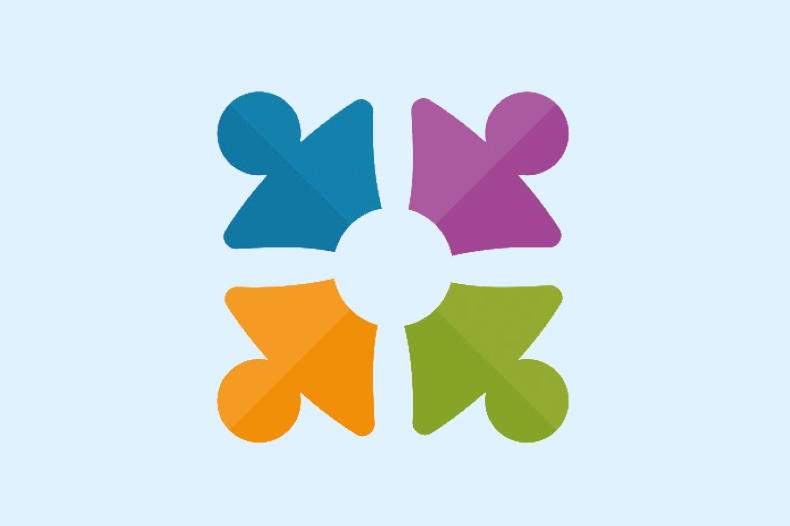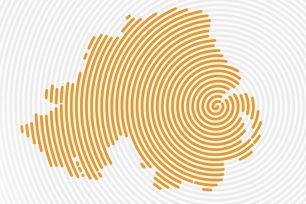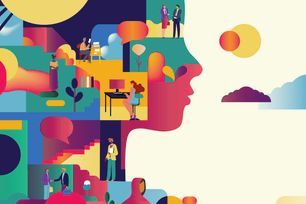In support of intersectionality
A range of communities can help address life’s complexity, explains Andrea Brewster.

I confess that when I first came across the term “intersectionality”, I dismissed it as management jargon. I was wrong.
A woman faces certain types of discrimination and prejudice because of her gender. A Black woman, in addition, faces others to do with her ethnicity. A disabled Black woman is further disadvantaged by our society’s tendency to design inaccessible places and systems. A gay Muslim may encounter prejudice because of both their religion and their sexuality. And so on.
These are obvious, unsubtle examples, of course. In reality, the situation is far more nuanced. What’s important is this: none of us can be defined by one label alone. A person’s identity is a complex weave of different, inseparable strands.
“Intersectionality” asks us to recognise that some people face layer upon layer of barriers, each exacerbating the others. The more underrepresented or underprivileged categories you fit into, the harder things get. This presents a dilemma for IP Inclusive. We have networking and support “communities” (six so far) for IP professionals in specific underrepresented groups, including most recently people who are from non-traditional families. Is that appropriate? Or are we perpetuating the tendency to shoehorn people into boxes with divisive labels?
Well, the answer to that first question is yes and no. Members of each community are united by a certain set of problems. It’s important for them to have safe spaces to discuss those problems with others who are in the same boat, even if some of them face other challenges as well. What’s vital, though, is that:
- People can be involved with as many communities as they like.
- All are open not just to members of the relevant group but also to allies. Thanks to intersectionality, we can all be allies to those who are less well off than us, even if in other respects we need allies ourselves.
- The communities talk and listen to each other, sharing stories and acknowledging both their common experiences and the differences.
Intersectionality is not so much a problem in its own right as something that should inform our response to other problems. Allyship is crucial to that response. We must recognise the privileges we have and use them to help others. Most elements of allyship are common to all “minority” groups, and our communities have been working together to encourage and support allies of all types with events, guidance and personal stories. Our North of England network in particular has collaborated with all six communities on projects about allies and intersectionality.
This collaboration will continue. It allows us to reach a wider cohort of people than we could without the individual communities, and it helps to promote understanding and acceptance right across the IP sector. We are all part of the wider IP Inclusive community. The “intersections” are many and complex; we must address them together, sensitive to their individual elements as well as their aggregate effects.





